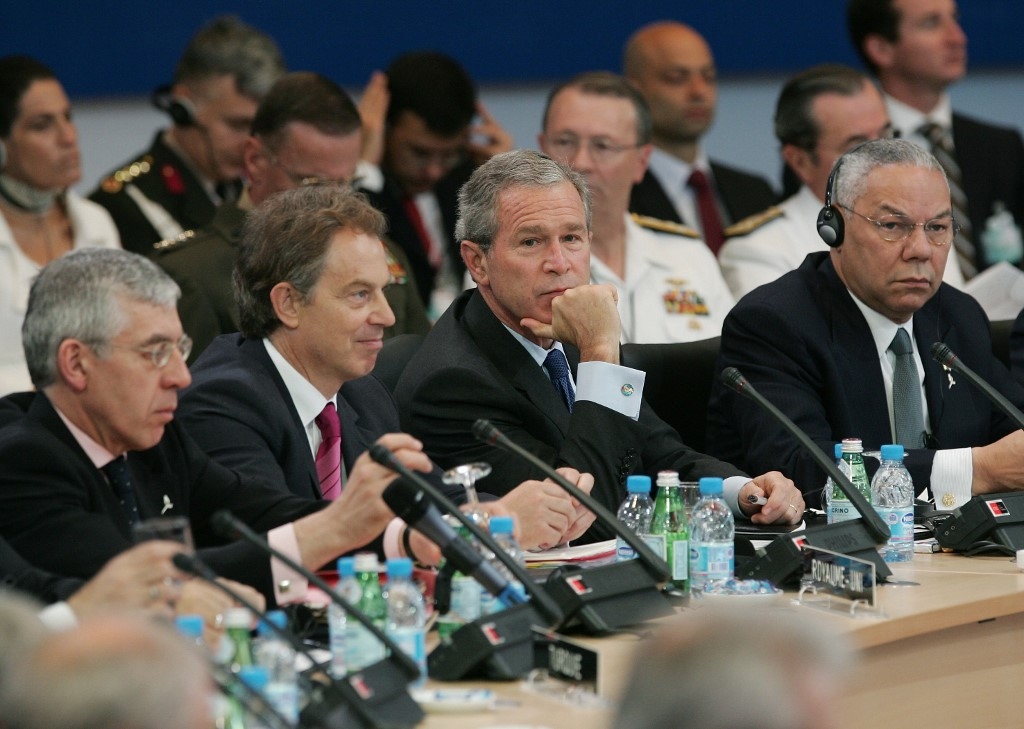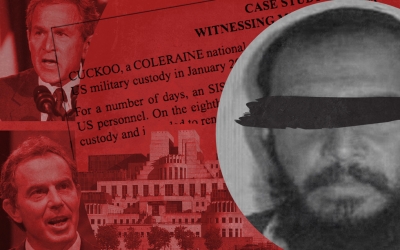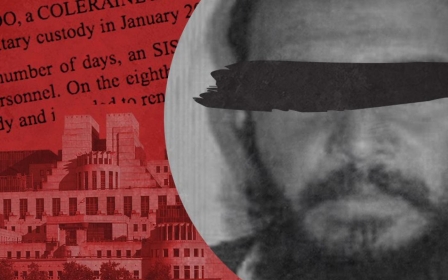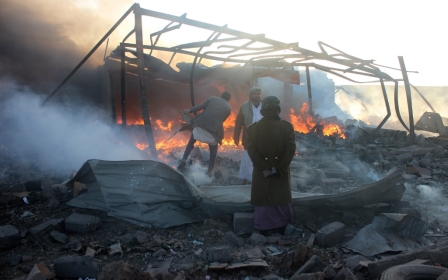UK rules out judicial inquiry into country's involvement in torture post-9/11

British parliamentarians and NGOs reacted with outrage on Thursday when the government ruled out a judge-led inquiry into the country’s involvement in the torture and rendition of terrorism suspects in the years after 9/11.
The announcement was made a year after a limited parliamentary inquiry found that UK government ministers and intelligence agencies had been involved in serious human rights abuses on more than 500 occasions between 2001 and 2010.
David Lidington, the deputy prime minister, told members of parliament that “things went wrong and seriously wrong in the aftermath of 9/11”, but said an inquiry was no longer necessary because the country’s policies and practices had greatly improved.
He also unveiled tighter guidelines for intelligence officers seeking information from prisoners outside the UK who could be at risk of being mistreated. However, the new guidelines still suggest that government ministers can authorise actions leading to torture.
However, Shadow Foreign Secretary Emily Thornberry said that an inquiry would be “the only way to get to the truth of the matter and learn lessons for the future”, adding that she believed a decision had been taken to avoid judicial scrutiny.
Dominic Grieve, the former attorney general who led the parliamentary inquiry, said that a judge-led inquiry would enable “closure”, even if such abuses were less likely in the future.
Former government minister David Davis predicted that the decision would face a legal challenge, saying he was tempted to tell the government: “See you in court.”
The decision was also condemned by the legal NGO Reprieve, whose deputy director Dan Dolan said: “The government has not only broken its promise to parliament and the public, but to survivors of war-on-terror era torture.”
The organisation would be exploring possible legal action, he said.
A second London-based NGO, Freedom from Torture, said it was shocked by the decision.
"Today’s refusal to allow a spotlight to be shone on this darkest corner of recent British history is a betrayal of the country’s values and all torture survivors," the organisation said in a statement.
The UK’s security and intelligence agencies, MI5 and MI6, became mired in the abuse of detainees shortly after 9/11, while attempting to extract intelligence from al-Qaida suspects who were being mistreated by US intelligence officers and the US military.
The government then devised policies that allowed its intelligence officers to become closely involved in rendition and mistreatment of detainees, with the result that both agencies were embroiled in abuses that spanned the globe and went unchecked for years.
The UK’s signals intelligence agency, GCHQ, also became involved by supplying locational information to enable rendition, and providing intelligence to assist with the questioning of detainees.
With a change of government following a 2010 election, a judge-led inquiry was opened, but suspended after Scotland Yard detectives began investigating a number of crimes committed by UK intelligence agencies. The government pledged at that time that the inquiry would be restored once the police investigation was concluded.
But nobody was ever charged as a result of the police investigations, much to the anger of some of the detectives involved.
Instead, a parliamentary investigation was established, and its members subsequently complained that it had been denied access to key witnesses and told that some records were missing.
Despite this, the parliamentary investigation found that:
-
UK intelligence officers supplied questions to foreign agencies on at least 232 occasions despite knowing or suspecting a prisoner was being tortured
-
Received information on 198 occasions from a prisoner they knew was being mistreated
-
MI5 or MI6 offered to finance three rendition operations
-
Planned, agreed or provided intelligence for a further 50 rendition operations
-
Consented to mistreatment of detainees on two occasions and witnessed an individual being mistreated on 13 occasions.
The inquiry also found that government ministers took “inappropriate” decisions on two occasions, and that Jack Straw, then foreign secretary, authorised the payment of “a large share of the costs” of two rendition operations in October 2004.
Middle East Eye delivers independent and unrivalled coverage and analysis of the Middle East, North Africa and beyond. To learn more about republishing this content and the associated fees, please fill out this form. More about MEE can be found here.





